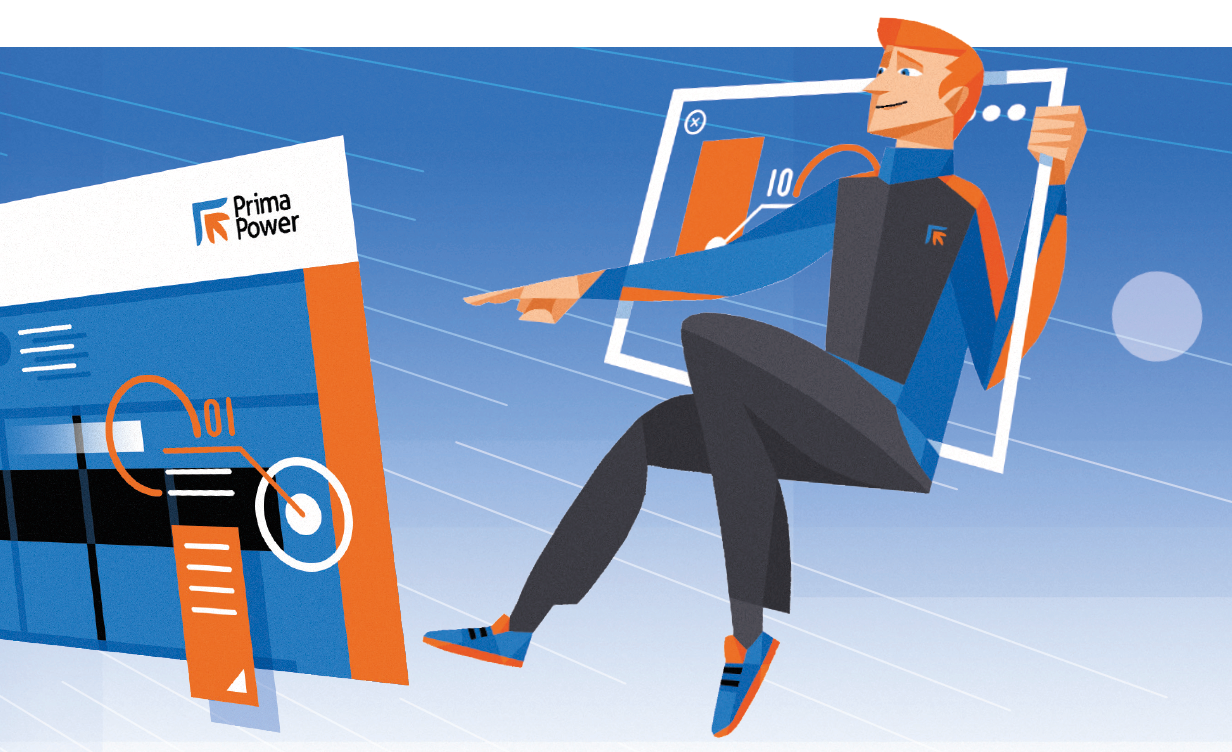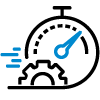#STAYSAFE #STAYPOSITIVE #STAYCREATIVE - Something authentically great is happening that will profoundly change the industrial world and the lives of each of us.
EXPERIENCING DYSTOPIA
One can imagine a world in which books are banned and that a task group is dedicated to the burning of the surviving volumes. One can imagine a government capable of monitoring citizens at all times without providing freedoms. It is not difficult to imagine complicated “futures,” different from the world in which we live. Indeed, it is a daily struggle for an entrepreneur to imagine the worst-case scenarios and to be prepared for them in time.
But it is one thing to imagine, and another to exist in such a scene, developing ideas and solutions on a daily basis to safeguard the lives of our collaborators and their businesses. As administrators, we know that the unexpected can happen, and the best of us are ready to roll up our sleeves, find ingenious, quick solutions, and be able to surmount adversity.
But the current situation is different. Adversities we have faced in the past have had two main characteristics: a force majeure (a flood, an earthquake, a fire), and being limited to a specific geographical area. The Covid-19 pandemic that began spreading in December, has thousands of entrepreneurs facing an utterly new dystopia. The origin, course, and consequences of the disease are still uncertain, and the damage is international. This means that entrepreneurs cannot expect aid from abroad, and that the already complicated situation can be further compounded, with short and long term consequences not readily foreseeable.
DISTANCE / PROXIMITY
The harshest threat of the current pandemic is to our health and our lives. We must redefine proximity and distance. We have always been aware of how vital these two concepts are in the planning, organization, and logistics of industrial work, but never has this combination become so central to our private life and our business.
I write these words from home in a studio that, in the past, I used only in the evenings and weekends. Now it is my new makeshift office. In this new environment, my work mixes with the daily life of my family, and I consider the way we see business changing, for myself and many of our managers who are living and working like I am. With some modifications, our work can continue efficiently.
But what about the operating staff? The people who carry out their duties in the field. Those who cannot take their work home because they have to stay close to the machines to build them, test them, make them operational, and maintain them. How can those workers fulfill their work duties, give of themselves, and, at the same time, abide by the new working regulations we have needed to put into place?

DEDICATED TO DISTANCE
There is no simple answer. The digital world has taught us that distance is relative, and for this reason we have long focused on the development of tools that allow us to “relativize” distance. Software that enables you to control the production and the maintenance of the machines remotely, which also allows you to “relativize” production time by predicting maintenance moments. We are used to collaborating with colleagues all over the world, sharing knowledge with customers and platforms as Prima@Home. But that’s not all.
Something great is happening—a historical moment that will profoundly change the industrial world and the lives of each of us.This is why we have decided to dedicate this entire issue of Power Line, in its redesign, to the combination of distance/ proximity.
We are working on transforming distance into value. As always, we want to share our thoughts, our ideas, our solutions, and also our concerns.

DISTANCE IS RELATIVE
Darwin said, “the ability to survive is linked to the ability to adapt to the characteristics of the environment.” The same happens in businesses. We have to make distance and proximity two strengths of a new way of thinking about collaboration, production, and logistics. Although it is estimated that the Spanish Flu Pandemic of 1918-1920 had claimed more than 50 million victims, it is considered a forgotten tragedy. It is called cultural amnesia when society metabolizes an adverse event and ignores it to move forward. The same, I imagine, will happen with the Covid-19. But from this experience, it will be good to learn something. It will be useful to take advantage of this moment of crisis to rethink our way of doing business and building profitable relationships. This issue of the Power Line is our contribution to the hope and concreteness of a new way of doing business.
You can find this article and much more in the latest issue of Power Line. Download it now here


